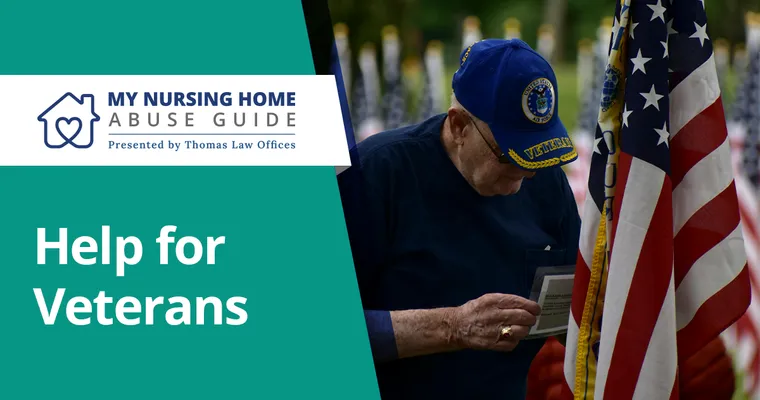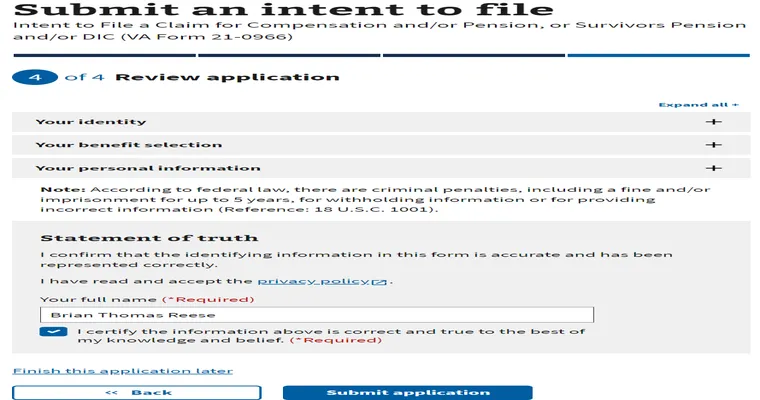Caring for a loved one with "Parkinson’s disease" and "dementia" can be both rewarding and challenging, especially when that loved one is a "veteran". As a caregiver who provides "24/7 support", you may be wondering about the various benefits available to assist you in this crucial role. Understanding these benefits can alleviate some of the financial and emotional burdens associated with caregiving.
One of the primary sources of support for caregivers of veterans is the "U.S. Department of Veterans Affairs (VA)". The VA offers several programs and benefits specifically designed for veterans and their caregivers. Depending on your husband’s eligibility, you may qualify for "Aid and Attendance" benefits. This program is aimed at veterans who require help with daily activities such as bathing, dressing, or eating, and it can provide additional financial assistance to offset caregiving costs.
In addition to financial benefits, the VA also provides access to "respite care" services. Respite care allows you to take a break from your caregiving responsibilities while ensuring your husband receives the care he needs. This can be invaluable for maintaining your own health and well-being, as caregiving can lead to stress and burnout if not managed properly.
Another potential benefit is the "Caregiver Support Program", which offers resources, training, and support to family caregivers. This program can help you connect with other caregivers, receive training on specific care techniques, and access mental health services to help cope with the emotional challenges of caregiving.
It is also worth exploring "state and local resources" that may offer additional support. Many states have programs designed to assist caregivers, including financial assistance, support groups, and training resources. The "National Family Caregiver Support Program" is another valuable resource that provides information and services to family caregivers.
If your husband is eligible for "Medicaid", you may also be able to receive financial assistance through home and community-based services, which can help cover the costs associated with in-home care. Additionally, some states offer "tax deductions" for caregivers, which can further ease the financial burden.
Navigating the benefits available for caregivers can be complex, but it is crucial to explore all options. Start by contacting your local VA office to discuss your husband’s eligibility for various programs. You can also consult with a social worker or a caregiver support organization for guidance on accessing the benefits that are right for you.
In conclusion, being a caregiver for a husband with "Parkinson’s" and "dementia" is a significant commitment, but various benefits can help support you in this role. From financial assistance programs through the VA to local resources, knowing what is available can make a meaningful difference in your caregiving journey. Remember, you are not alone, and there are resources designed to help you manage the challenges of caregiving while ensuring your husband receives the care he needs.





